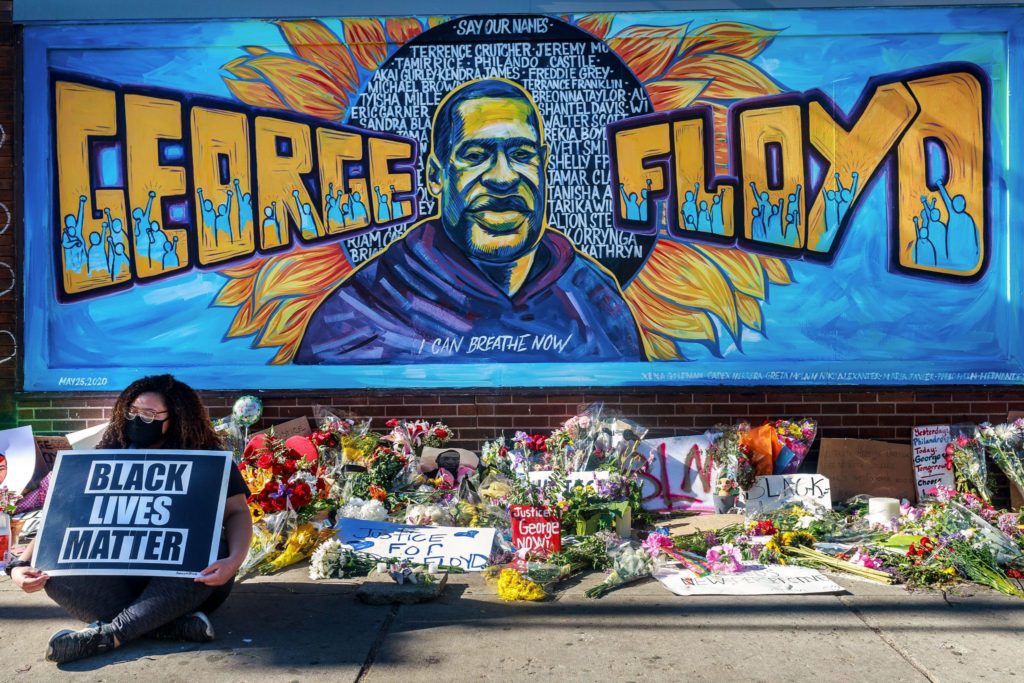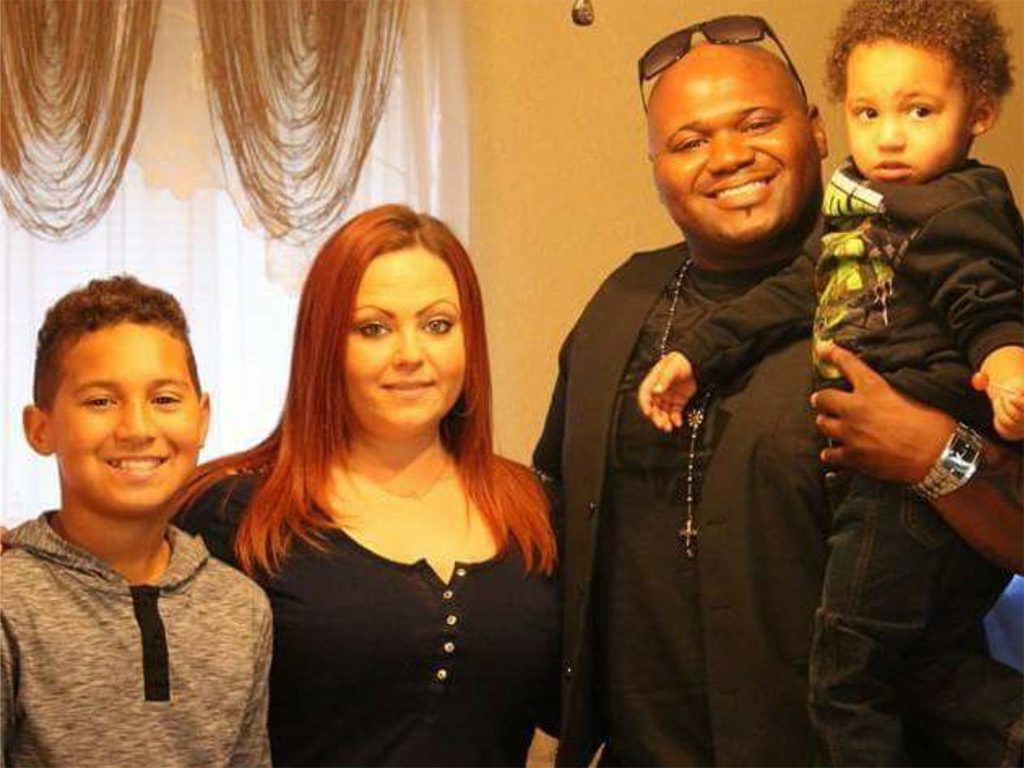Supreme Court Denies Qualified Immunity Challenges—“Absolute Shield” For Police Continues
This morning, the Supreme Court declined to hear a host of challenges to the qualified immunity doctrine. Even though some of the Justices have hinted over the years that they would be interested in revisiting this judge-invented doctrine—Justice Sotomayor has said it has become “an absolute shield” for police, and, this morning, Justice Thomas reiterated that he “continue[s] to have strong doubts” about the doctrine—it is disappointing that the Court has, again, shied away from reviewing qualified immunity, especially as nationwide protests demand police accountability.

On May 25, three Minneapolis police officers held George Floyd facedown on the ground while Derek Chauvin, a fourth officer, casually knelt on his neck for eight and a half minutes. Mr. Floyd alternately begged for his life and asked for his mother until he asphyxiated. By the end of the week, news outlets reported that in his 19-year tenure as a police officer, Chauvin was the subject of at least 17 civilian complaints, and was a participant in two officer-involved shootings, one of them fatal.
You would be right to wonder why an officer with a record like Chauvin’s was allowed to still patrol our streets. But Chauvin is not an outlier: police departments repeatedly decline to punish problem officers and even those that are fired are frequently reinstated. Our criminal justice system also regularly excuses officers from accountability: prosecutors rarely bring criminal charges, and grand juries, who normally could “indict a ham sandwich,” seldom do when that sandwich is a cop. And when victims of police brutality (or their families) bring civil litigation to try to hold officers accountable — qualified immunity has almost guaranteed that a dead end.
As we have explained, even an officer who violates a victim’s rights on purpose might be shielded from liability under qualified immunity: if the victim cannot point to a judicial decision that declared the same context and conduct a constitutional violation, than it could not be “clearly established” that the conduct was a violation and the officer wouldn’t have been “on notice” that his behavior was illegal.

There is not yet a civil case against Derek Chauvin. But in 2015 Norman Cooper also died while being arrested by police. According to the civil complaint filed by his family, police tased Nathan and then, like George Floyd, handcuffed him with his hands behind his back, facedown on the ground. The complaint also alleges that, like George Floyd, officers knelt on Norman, using the weight of their body to apply pressure to Norman’s back and neck. The complaint claims that though Norman was exhibiting clear signs of respiratory distress, like George Floyd, police did not make any effort to help him and, in fact, as he struggled for air, the complaint says, the officers were laughing. The officers involved received written reprimands by their department, “the lightest punishment possible.” Norman’s family sued the police for excessive force. The U.S. Court of Appeals for the Fifth Circuit, however, held that the family did not point “to any factually analogous case that would establish that [the officers’] use of force was unreasonable” and granted qualified immunity to the officers.
It is clear that qualified immunity is a tremendous obstacle to victims and their families trying to hold police accountable, and it is disheartening that the Supreme Court has declined to reexamine the doctrine, but Norman Cooper’s case is still pending before the Supreme Court, and more challenges to qualified immunity continue to be filed on the Court’s docket—so there is at least hope that the Court may grant one of those cases for review.
Takeaways
-
Chauvin was the subject of multiple civilian complaints,
and was a participant in two officer-involved shootings. -
Chauvin is not an outlier:
police departments repeatedly decline to punish problem officers and even those that are fired are frequently reinstated. -
Prosecutors rarely bring criminal charges against police,
and grand juries fail to indict when they do. -
Qualified immunity blocks victims and their families
from succeeding in civil suits against police.
